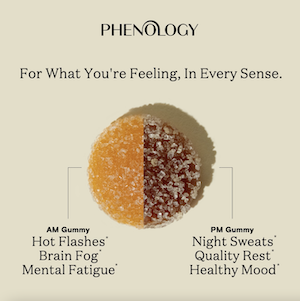Menopause is a natural biological process that all women experience as we age. Despite the fact that it affects half of the world’s population, menopause is frequently considered a taboo subject and has received little attention in medical study. The following are some of the reasons why menopause has not been studied as extensively as other medical conditions:
Culture
Menopause has traditionally been a taboo subject in many cultures, with little written or said about it. It’s often ignored and viewed as a natural part of aging and therefore not given the attention it deserves.
Underfunded
Menopause research is frequently underfunded, which limits the scope and quality of studies. This is in part to the misconception that menopause is a natural process that does not necessitate treatment.
Complex Symptoms
Symptoms of menopause are complex, as they can range considerably and be hard to quantify. Hot flashes, mood swings, and vaginal dryness are among symptoms that might be subjective and hard to define, making study difficult.
Lack of Representation
As a result of men’s historical dominance in the medical research sector, women’s health issues, such as menopause, are underrepresented and poorly understood. Because of this, menopause has received insufficient attention in the scientific community.
We Stay Silent
Some societies view menopause as a healthy part of life that doesn’t need for medical intervention. This misconception can prevent women from reporting or being diagnosed with their symptoms.
There is Hope
Despite these challenges, there has been a growing interest in menopause research in recent years. Researchers are now exploring new ways to address the stigma associated with menopause, seeking funding for more extensive studies, and exploring the underlying mechanisms behind menopause symptoms.
As the population ages, understanding menopause and its impact on women’s health will become increasingly critical, making it essential to increase investment in menopause research. By raising awareness of menopause’s significance, we can help promote more research and improve women’s health outcomes so maybe…just maybe our daughters and granddaughters will get the help they need when it’s their turn to transition.










